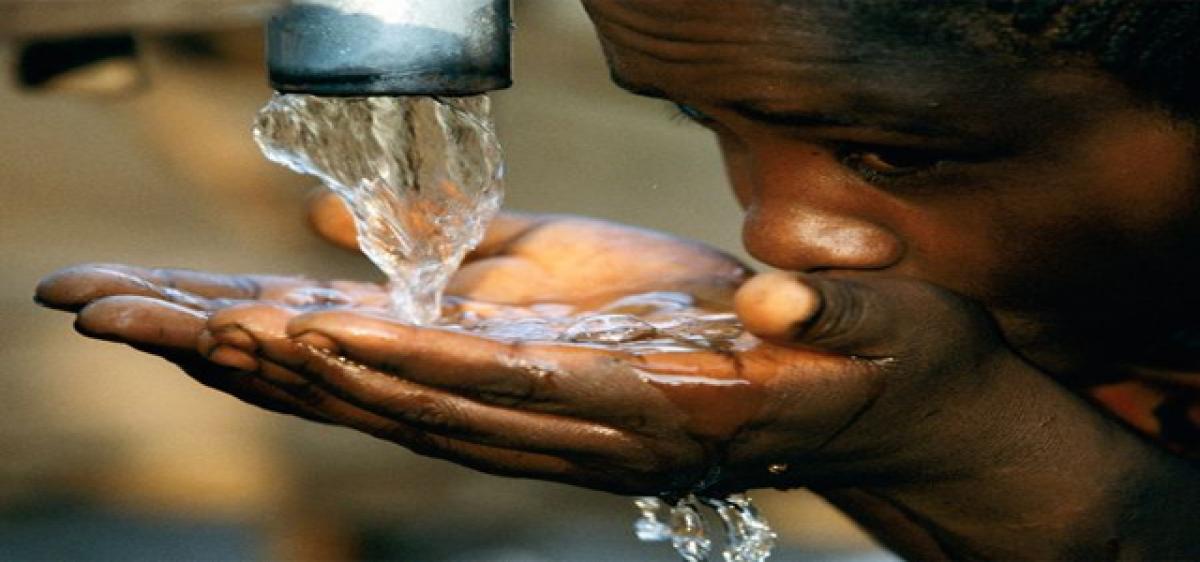Live
- Celebrating World Laughter Day 2024: Wishes, Quotes, and Jokes to Share
- Exploring the Most Unique Met Gala Looks Through the Years
- YS Jagan denies allegations on Land Title Act, says Jagan is land giver not taker
- Coimbatore police arrest popular TN YouTuber ‘Suvakku’ Shankar
- Ex-Haryana CM Khattar faces litmus test ahead of double elections in Karnal
- Govt lifts ban on onion exports with price rider
- Shiv Sena pledges full support to BJP in TG
- Teach a lesson to Cong, BJP, Harish tells people
- Vijay Deverakonda to come up with an explosive rural action drama
- ‘Double iSmart’ team kicks off new schedule in Mumbai









